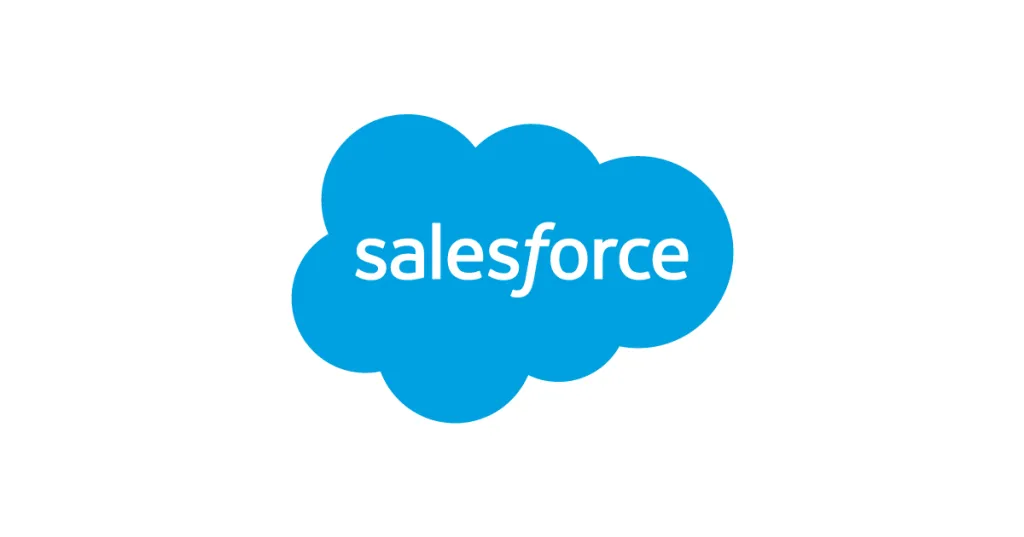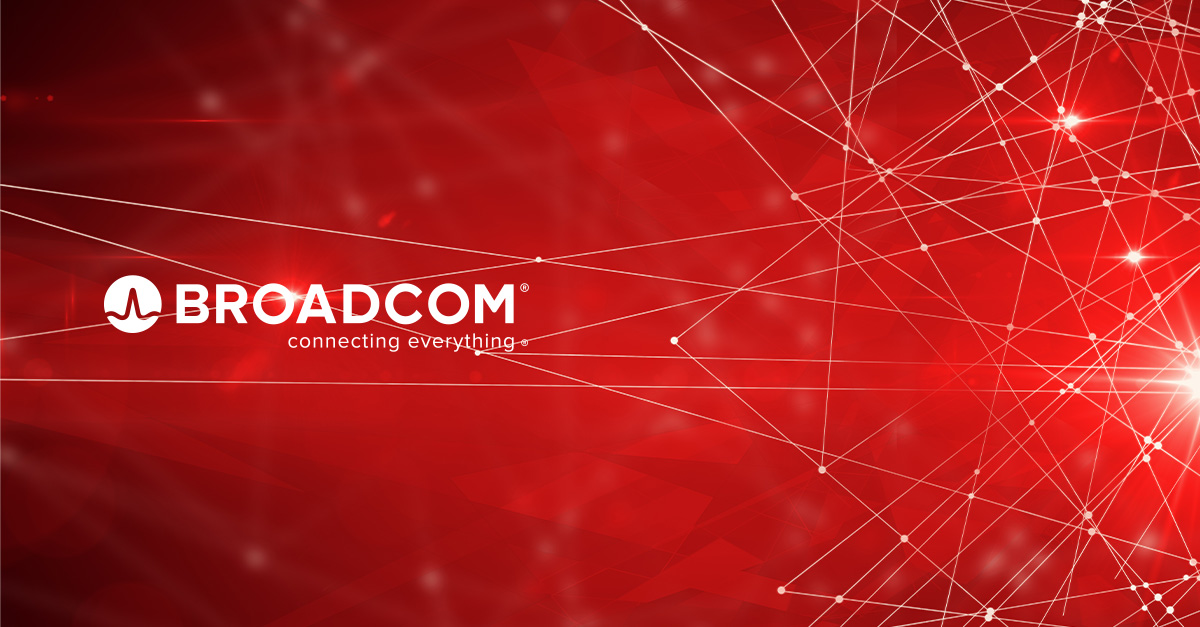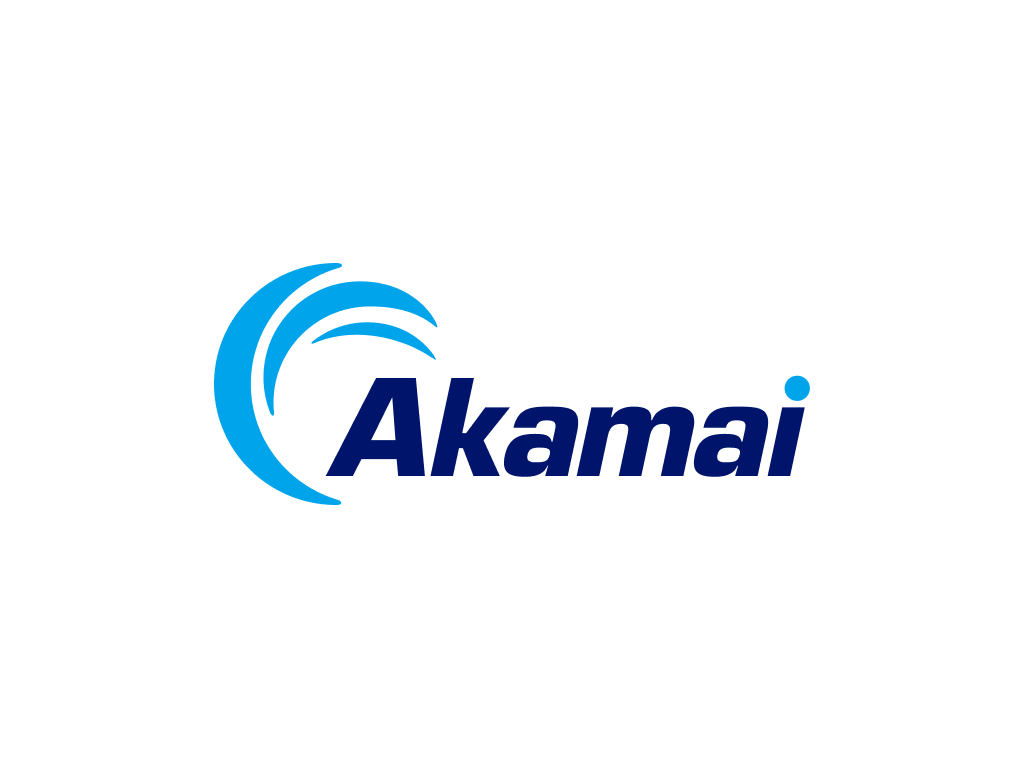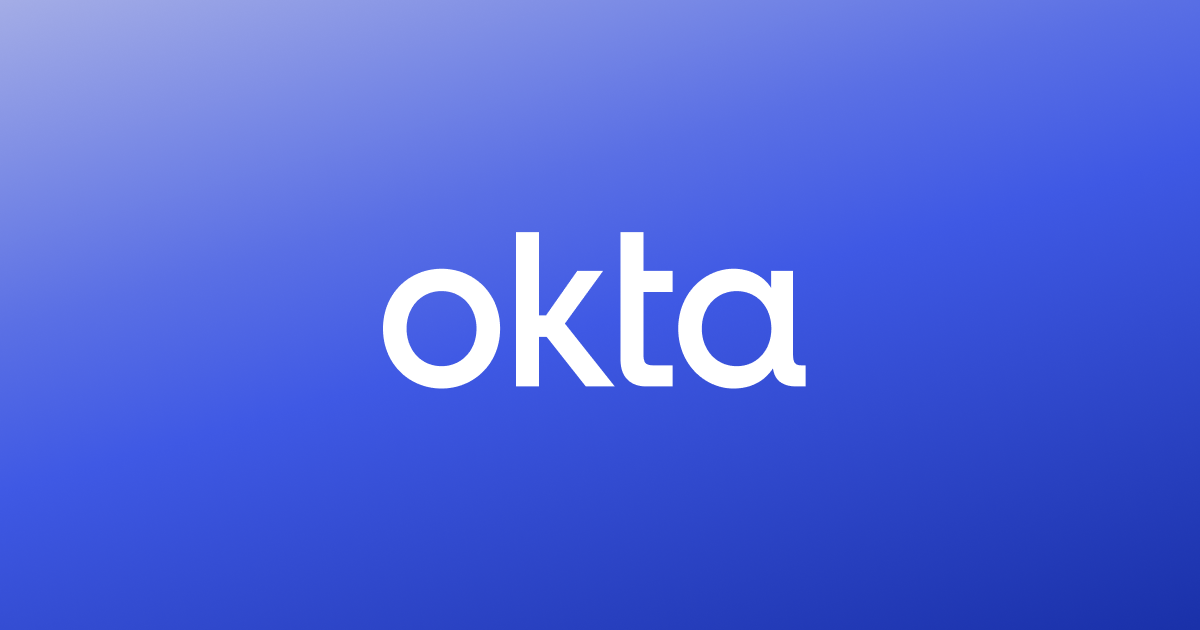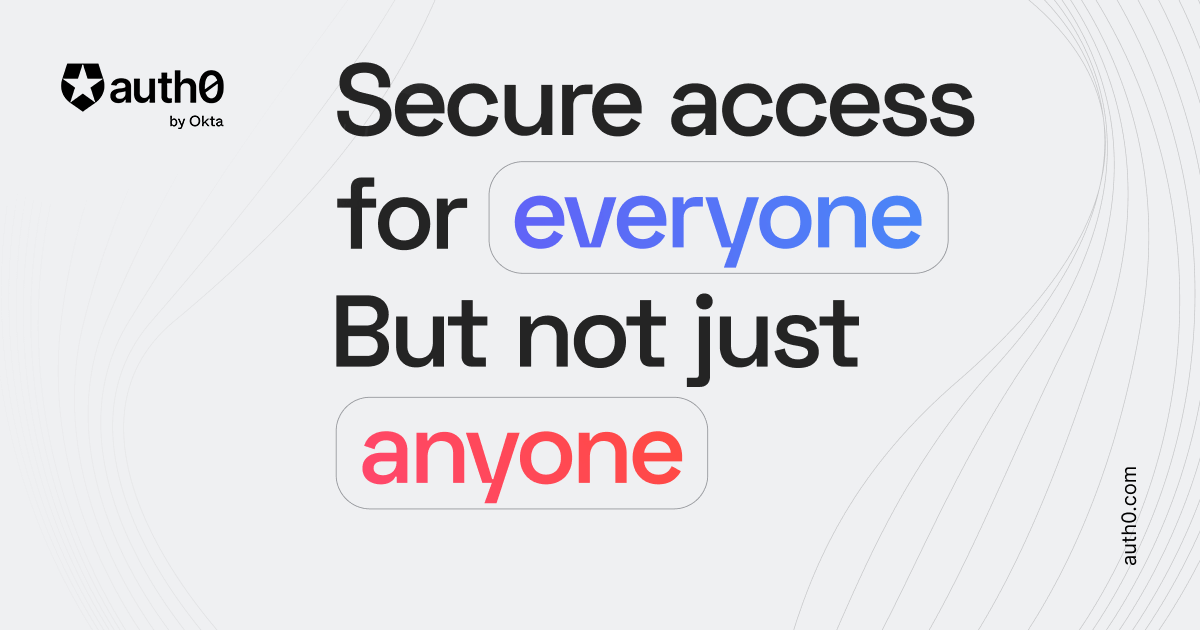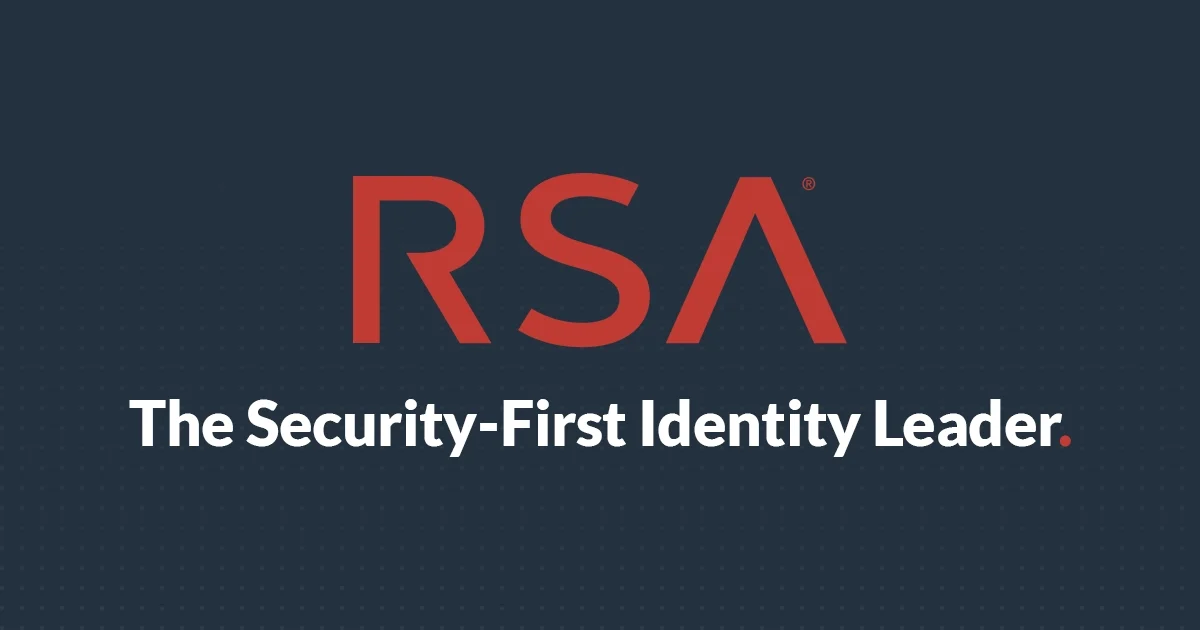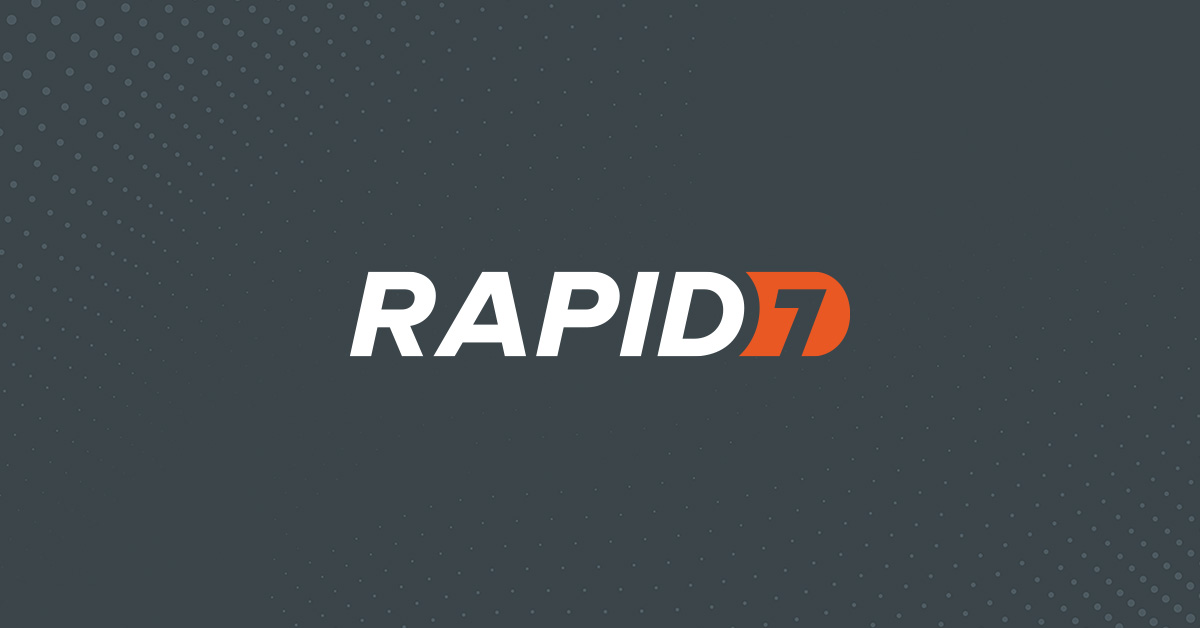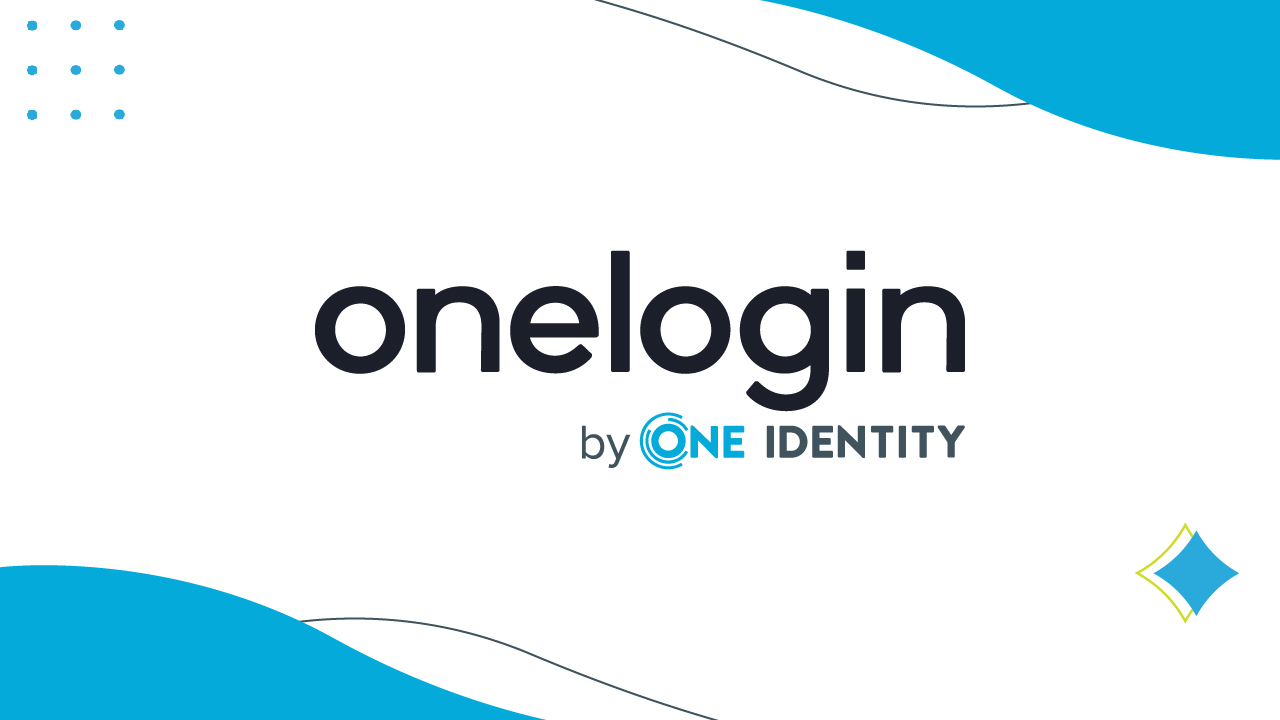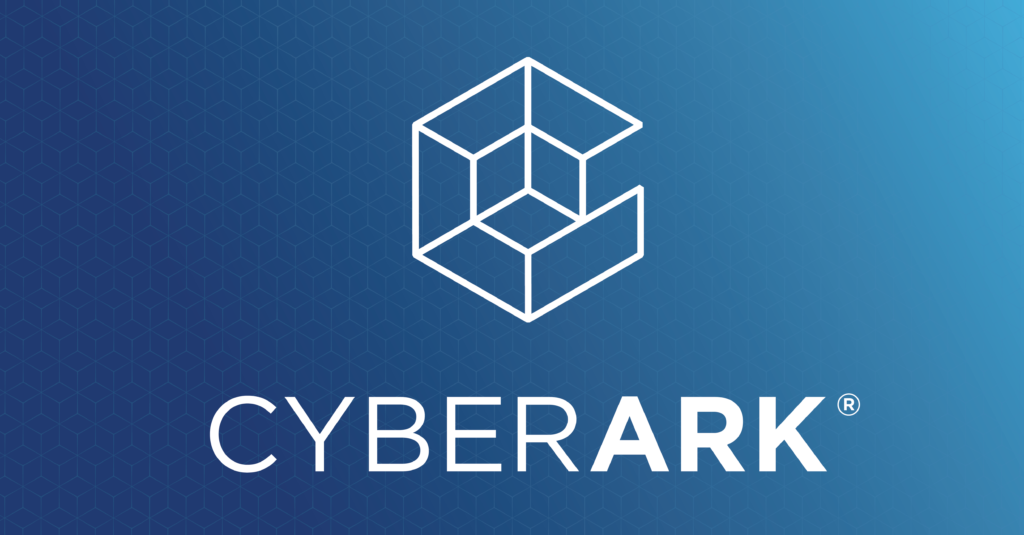Introduction
Identity and access management (IAM) has become a vital part of security for most organizations. With threats of data breaches and credential theft on the rise, having a robust IAM solution in place is no longer optional. In this blog, we evaluate some of the most popular IAM providers in the industry based on key factors like functionality, market presence and customer reviews.
Methods of Evaluation
To choose the top 15 solutions, we evaluated each provider based on features offered, customer reviews and ratings, popularity based on number of customers, brand reputation, longevity in the market, market share, global presence and number of backlinks. We also analyzed keyword trends and traffic to popular companies to gauge real interest from users. This multi-factor evaluation approach helps provide a well-rounded view of the leading solutions.
1. IBM Security Access Manager
IBM Security Access Manager is an identity and access management solution from IBM. As part of the larger IBM Security portfolio, Access Manager provides robust access management and single sign-on capabilities for enterprises. It can integrate with various applications, systems, and cloud resources to securely manage user authentication and authorization across hybrid IT environments.
Pros: Some key advantages of IBM Security Access Manager include:
– Robust access management and SSO capabilities
– Strong in complex enterprise environments with high user and resource volumes
– Good choice for hybrid cloud/on-prem environments with flexibility to manage access across platforms
Cons: A potential disadvantage is that Access Manager can be complex to deploy and manage in very large environments due to its extensive capabilities and configurations.
Pricing: IBM Security Access Manager pricing is customized based on business needs, deployment size, and support/maintenance requirements. Generally it has an initial licensing fee plus annual maintenance subscription. Volume-based and enterprise term licensing may provide discounted rates.
Some key stats about IBM Security Access Manager include:
– Used by over 3000 global enterprises
– Supports over 500 million authentications per month
– Can manage access for over 50 million identities
– Integrates with over 150 applications out of the box
2. Salesforce Identity
Salesforce Identity, formerly known as Salesforce Identity Cloud, is Salesforce’s identity and access management solution. As the identity platform within the Salesforce Customer 360, Salesforce Identity provides centralized identity services that enable single sign-on and multi-factor authentication across the entire Salesforce Customer 360 portfolio as well as other non-Salesforce applications.
Pros: Key advantages of Salesforce Identity include being well integrated with other Salesforce clouds and platforms, providing centralized user profile management, enabling single sign-on across apps including non-Salesforce apps, and offering built-in multi-factor authentication.
Cons: A potential disadvantage is that Salesforce Identity is limited to use within the Salesforce ecosystem of products and may not be as flexible as other standalone IAM solutions for managing users outside of Salesforce.
Pricing: Salesforce Identity pricing varies depending on the edition but starts with the Professional Edition which includes basic IAM capabilities and is priced per user per month.
Some key stats about Salesforce Identity include centralized user profile management across Salesforce clouds, built-in single sign-on and multi-factor authentication capabilities, and integration with other Salesforce clouds like Sales Cloud, Service Cloud and more.
3. Broadcom
Broadcom is an American multinational corporation that develops software, infrastructure, and security solutions. One of their key products is Broadcom Caas – an identity and access management (IAM) software that helps businesses securely manage user identities and control access to applications and resources across hybrid IT environments. Broadcom Caas offers strong identity governance capabilities to simplify user provisioning and access certification processes.
Pros: Some key advantages of Broadcom Caas include:
– Strong security posture and access management capabilities
– Centralized management of identities and entitlements across hybrid IT environments
– Privileged access and entitlement management features to control elevated access
– Robust application protection and advanced security features to harden defenses
Cons: One potential disadvantage is that Broadcom Caas is an enterprise solution which may be overkill for some smaller companies and have a steeper learning curve.
Pricing: Broadcom Caas pricing is customized based on business needs and deployment size. Generally, annual subscriptions start at around $5 per user for basic access management and scale up based on additional features and administration required.
Some key stats about Broadcom Caas include:
– Over 5000 customers globally across various industries
– Manages over 100 million identities
– Provides single sign-on access to over 500,000 applications
4. Akamai Identity Cloud
Akamai Identity Cloud is Akamai’s identity and access management (IAM) solution. It provides a federated identity and access management platform that allows enterprises to centrally manage user identities and control access to applications and data across cloud, mobile, and on-premise systems.
Pros: The main advantages of Akamai Identity Cloud are its federated identity and access management platform, dynamic authentication based on risk analysis, centralized user management across environments, and built-in API security for applications.
Cons: One potential disadvantage is that it requires additional implementation and setup compared to other IAM solutions due to its extensive feature set.
Pricing: Akamai Identity Cloud pricing is based on a monthly subscription model starting at $5 per user per month for standard access. Additional features and custom implementation services are priced separately.
Some key features of Akamai Identity Cloud include dynamic authentication based on risk analysis, centralized user provisioning and deprovisioning, single sign-on (SSO) capabilities, multi-factor authentication (MFA), and built-in API security.
5. Micro Focus Identity Manager
Micro Focus Identity Manager (previously called Micro Focus Access Manager) is an identity and access management (IAM) solution that provides unified user management, access control, and security across an organization’s applications, data, and infrastructure. It offers comprehensive identity management functionality including user provisioning, Deprovisioning, access request and approval workflows, strong authentication, single sign-on and session management.
Pros: Some key advantages of Micro Focus Identity Manager include:
– Advanced provisioning and authorization capabilities
– Lifecycle and access reviews
– Adaptive access based on user attributes
– Strong auditing and compliance capabilities
Cons: A potential disadvantage is its high implementation and support costs compared to some other IAM options. However, it is also a full-featured enterprise solution.
Pricing: Pricing for Micro Focus Identity Manager is not publicly disclosed and varies based on organization size, licensing model (perpetual vs subscription), and required functionality. However, it generally requires a six figure or higher annual investment due to its robust enterprise capabilities.
Some key stats about Micro Focus Identity Manager include:
– Supports over 1,000 pre-built connectors to apps, databases, directories, and APIs
– Manages identities and access for over 150 million users globally
– Over 20 year track record as a leader in IAM
6. Okta
Okta is an identity and access management software company that provides a variety of IAM capabilities including single sign-on (SSO), multi-factor authentication (MFA), access management, lifecycle management, and more through its Identity Cloud platform. Founded in 2009 and headquartered in San Francisco, Okta has become a leader in the IAM market with over 15,000 customers worldwide.
Pros: Some key advantages of Okta include: – Wide variety of IAM capabilities through a single platform – Large customer base and market share leader in the IAM space – Extensive partner ecosystem and integration options with over 7,500 applications and infrastructure
Cons: One potential disadvantage is that as a larger company, Okta can be more expensive than some smaller competitors. Implementing and maintaining all of Okta’s capabilities may exceed some smaller organizations’ budgets.
Pricing: Okta offers flexible pricing plans including Okta Free, Developer, Professional, Enterprise, and Identity Cloud. Pricing is based on annual subscriptions and the number of users supported. Custom pricing is also available for very large deployments.
Some key stats about Okta include: – Over 15,000 customers globally including big name brands like Cisco, Twilio, and Nordstrom – Supports over 7,500 pre-built integrations with applications and infrastructure – Named a Leader in the 2023 Gartner Magic Quadrant for Access Management for the ninth consecutive year
7. Auth0
Auth0 is an identity platform that provides flexible authentication and authorization services. Founded in 2013, Auth0 allows both engineering and non-engineering teams to easily add authentication with passwordless, social login, and enterprise capabilities like multifactor authentication (MFA) and single sign-on (SSO).
Pros: Some key advantages of Auth0 include: – Flexible developer-centric IAM platform that allows customization through APIs and SDKs – Centralizes identity management so authentication works across web and mobile applications – Visual interface makes it easy for non-technical teams to configure authentication flows without writing code
Cons: One potential disadvantage is that Auth0 is a paid service, so there is a cost associated with using it compared to an open source alternative.
Pricing: Auth0 has several paid tiers based on factors like the number of authentications, connections, users, and support needed. Pricing starts at $149 per month for the Basic plan which supports up to 10,000 authentications per month.
Some key stats about Auth0 include: – Processes thousands of authentications per second – Supported by 150+ integrations including Amazon, Azure AD, Google, and more – Secured over 4,500 applications for customers like 1-800-Flowers, Expedia, and Zillow – Supports over 5 billion logins per year
8. RSA Identity Governance & Lifecycle
RSA Identity Governance & Lifecycle is an identity and access management (IAM) solution from RSA. It provides identity intelligence, lifecycle management, access governance and certification.
Pros: Some key advantages of RSA Identity Governance & Lifecycle include: Robust lifecycle and access governance; Reduces risk of account issues through automated certification of access; Strong compliance reporting for auditing and demonstrating regulatory compliance.
Cons: One potential disadvantage is the solution requires ongoing configuration and maintenance to map applications, entitlements and ensure roles are properly defined.
Pricing: RSA Identity Governance & Lifecycle pricing is available through an annual subscription model starting at $5 per user per month for the essentials edition.
Some key stats about RSA Identity Governance & Lifecycle include: It manages over 30 million identities; Supports over 1,000 connectors for integrating with various applications and systems; Reduces privileged access risk by 65% on average for customers.
9. Rapid7
Rapid7 is a leading provider of vulnerability management, monitoring, and security orchestration, automation and response (SOAR) solutions. Founded in 2000, Rapid7’s Insight platform allows organizations to gain visibility and security into organizational assets, users, and access across cloud and on-premise environments. Rapid7 helps organizations reduce cyber and financial risk by providing security professionals and teams with shared insight into vulnerabilities, threats, and weaknesses across various assets via a single console.
Pros: Some key advantages of Rapid7 include: – Broad set of modules across vulnerability management, monitoring, orchestration, and response – Appeals to organizations with diverse security needs beyond just vulnerability management – Continuous monitoring and detection of assets regardless of location – Centralized access to scans, alerts, and events for improved visibility and response
Cons: One potential disadvantage is the breadth of modules could lead to increased complexity and higher costs for customers only requiring certain capabilities like vulnerability management or asset discovery.
Pricing: Rapid7 offers flexible subscription pricing plans for its Insight platform starting at approximately $5-$10 per device depending on the chosen module(s). Additional custom pricing is available for very large enterprise deployments.
Some key stats about Rapid7 include: – Over 9,500 customers worldwide including large Fortune 500 organizations – Insight platform monitors over 2.1 billion assets globally – Rapid7 was named a Leader in the 2022 Gartner Magic Quadrant for Security Information and Event Management for its InsightSIEM solution
10. Broadcom CA Single Sign-On
Broadcom CA Single Sign-On is an identity and access management (IAM) solution from Broadcom that provides single sign-on and access management capabilities. With over 25 years in business, CA SSO is a mature platform for managing user access and streamlining authentication across diverse environments.
Pros: Some key advantages of Broadcom CA Single Sign-On include:
– Mature access management platform with over 25 years of development
– Strong auditing and compliance capabilities needed for regulated industries
– Flexible deployment options for on-premise, private or public cloud
Cons: A potential disadvantage is the higher cost compared to some open source or smaller vendor IAM solutions due to Broadcom’s mature platform and large customer base.
Pricing: Broadcom CA Single Sign-On pricing is customized based on business needs and deployment size. Generally it costs between $5-$15 per user per year for annual subscription licensing including support.
Some key stats about Broadcom CA Single Sign-On include:
– Supports over 1,000 pre-built integrations including major SaaS, on-premise applications, databases and custom apps
– Secures access for over 2.5 billion user identities globally
– Customers include 90% of the Fortune 500
11. Duo Security
Duo Security is a leading security company dedicated to multi-factor authentication (MFA). Founded in 2010, Duo’s singular focus is to provide simple and effective authentication solutions. Duo offers one of the most widely adopted MFA platforms used by over 30,000 organizations. Their solution verifies user identities with multiple factors of authentication to eliminate passwords and block malware, phishing, and fraud.
Pros: Main advantages of Duo Security include:
– Leading dedicated multi-factor authentication solution focused solely on authentication.
– Supports a wide range of authentication factors beyond just OTPs including security keys, biometrics, and risk-based authentication.
– Known for offering simple and seamless user experiences across all devices and platforms.
Cons: One potential disadvantage is that Duo Security focuses solely on multi-factor authentication and identity management without additional features like single sign-on compared to some competitors.
Pricing: Duo Security offers flexible pricing plans tailored to different business needs. Pricing is based on the number of protected users starting from $3 per user per month for their Basic plan up to customized Enterprise plans for very large deployments.
Some key stats about Duo Security:
– Over 30,000 customers worldwide including top tech companies like Google, Microsoft, Twitter, and General Electric.
– Secures over 100 million users globally each day with MFA.
– Supports a wide range of authentication factors including one-time passwords, push notifications, security keys, and risk-based authentication.
12. BeyondTrust PowerBroker
BeyondTrust PowerBroker is a leading privileged access management (PAM) software solution from BeyondTrust. PowerBroker provides organizations with comprehensive privileged access security and control over administrative accounts,sudoers, and SSH keys. It centrally manages, monitors, and governs privileged access across an organization’s entire IT infrastructure including physical, virtual, cloud, and hybrid environments.
Pros: Some key advantages of BeyondTrust PowerBroker include:
– Robust PAM focused solution for unix/linux, windows, ssh privileged access
– Granular user access approvals with separation of duties workflow
– Reduces risk of a data breach or security incident from misused elevated access
Cons: One potential disadvantage is the upfront cost of the PowerBroker software which can be higher than some other PAM options.
Pricing: BeyondTrust PowerBroker pricing is based on the number of systems/assets being managed and monitored. Contact BeyondTrust sales for an exact quote tailored to your organization’s needs.
Some key stats about BeyondTrust PowerBroker include:
– Protects over 17,000 customers in over 100 countries worldwide
– Monitors and records over 1 billion privileged sessions annually
– Provides separation of duties and just-in-time access to prevent issues from misused elevated access
13. Gemalto Access Management
Gemalto Access Management is an identity and access management (IAM) software solution from Gemalto, part of Thales. It provides centralized management of user identities, credentials, access privileges and authorizations across on-premise and cloud-based applications and systems.
Pros: Key advantages of Gemalto Access Management include robust access governance through detailed role-based access control and policies, reducing risk of compromised credentials with strong authentication and lifecycle management, and strong data security capabilities with encryption, tokenization and masking of sensitive data.
Cons: A potential disadvantage is that as an established enterprise solution, Gemalto Access Management may have a higher upfront cost compared to some newer SaaS-based IAM products.
Pricing: Pricing for Gemalto Access Management is customizable based on deployment size and needs. It is generally sold via annual subscription licenses starting around $5 per user per month for small to medium deployments.
Some key stats about Gemalto Access Management include centralized control of over 1 million identities, integration with over 500 applications out of the box, 99.999% availability SLA, and deployment in over 40 countries worldwide.
14. OneLogin
OneLogin is an identity and access management (IAM) solution that helps businesses securely manage user identities and control access to applications and resources. Founded in 2009, OneLogin has grown to serve over 3,000 customers worldwide and became a leader in the IAM market thanks to its user-friendly and affordable platform.
Pros: Some of the main advantages of OneLogin include:
– Strong single sign-on (SSO) and access management capabilities to securely manage user authentication and permissions.
– User-friendly and intuitive dashboard that is easy to deploy, configure, and use for IT administrators.
– Good price point that makes it affordable for small and mid-sized businesses on a budget.
Cons: One potential disadvantage is that OneLogin may lack some advanced functionality found in higher-end and more expensive IAM solutions, such as deeper access governance and workflow automation features.
Pricing: OneLogin offers three main pricing tiers:
– Free Plan: Suitable for small teams with up to 10 users. Limited functionality.
– Professional Plan: Starts at $3/user per month billed annually. Adds more security features.
– Enterprise Plan: Custom pricing depending on needs. Includes 24/7 support and additional capabilities.
Some key stats about OneLogin include:
– Over 3,000 customers worldwide across all industries
– Protects over 50 million user identities
– Offers single sign-on (SSO) access to over 5,000 applications
– Backed by over $280 million in funding from top investors
15. CyberArk Identity
CyberArk Identity is an identity security and access management solution from CyberArk. It helps organizations securely manage, control and audit access to critical business applications, resources and sensitive data across hybrid and multi-cloud environments.
Pros: Some key advantages of CyberArk Identity include:
– Focused on privileged access management to help secure administrative accounts and credential theft.
– Provides strong audit and session monitoring capabilities to gain visibility into who accessed what resources.
– Reduces risk of credential theft by eliminating long-term elevated access and rotating credentials frequently.
Cons: One potential disadvantage is that the privileged access management features may have a steeper learning curve for some organizations compared to general IAM solutions.
Pricing: CyberArk Identity pricing is based on the number of managed identities. It offers yearly subscription licenses that include support and upgrades. Contact CyberArk sales for an exact quote tailored to your organization’s needs.
Some key stats about CyberArk Identity include:
– Provides access control and privileged session management for over 5,000 customers globally.
– Monitors and logs over 1 billion privileged sessions per month.
– Reduces successful cyber attacks by 80% through least privilege access policies.
Conclusion
Choosing the right IAM partner is a crucial step for any organization. The solutions highlighted here represent some of the most capable providers based on comprehensive evaluation criteria. Understanding their strengths and weaknesses can help organizations select the best fit depending on factors like business size, vertical, budget and technical requirements. A robust IAM strategy with the help of one of these solutions is key to safeguard critical assets and data in today’s threat landscape.





